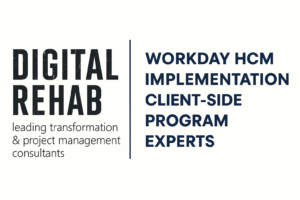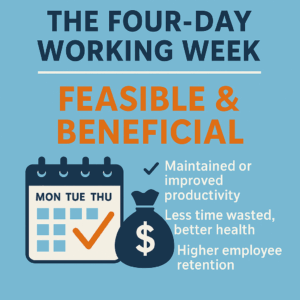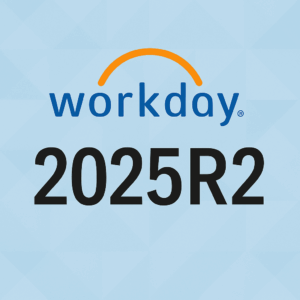The Australian Government recently announced further details regarding payday super, a significant reform that will reshape how businesses handle superannuation payments. While the legislation is not yet law, employers should begin assessing its potential impact ahead of the proposed 1 July 2026 implementation date.
Why Payday Super Matters
Initially proposed in the 2023-24 Budget, payday super is part of a broader government effort to strengthen the superannuation system, ensuring Australian workers receive their contributions in a timely manner and can retire with greater financial security. This reform is expected to drive better financial outcomes for employees, but it will require businesses to rethink their payroll operations and compliance frameworks.
Key Changes Employers Should Prepare For
Under payday super, employers will no longer be able to pay superannuation guarantee (SG) contributions quarterly. Instead, SG payments will need to align with payroll cycles, meaning businesses that pay employees weekly, fortnightly, or monthly must process super at the same time.
Stricter Payment Deadlines
- Each time an employer pays Ordinary Time Earnings (OTE) to an employee, a new seven-calendar-day deadline will apply for super contributions to be processed and received by the employee’s super fund.
- Exceptions will apply in certain cases, such as payments to new starters or out-of-cycle payments.
- Updated Superannuation Guarantee Charge (SGC) – To ensure timely payments and penalize delays, the SGC framework is being adjusted. Employers failing to meet the seven-day deadline will incur:
- Daily interest on the SG shortfall (compounded at the general interest charge rate).
- An administration uplift levy (up to 60% of the SG shortfall).
- Additional penalties applied to unpaid SG charges after ATO assessment (including up to 50% of the unpaid amount).
- Any penalties or interest will not be tax-deductible, reinforcing the need for strict compliance.
Closure of the ATO Small Business Superannuation Clearing House
- The ATO Small Business Superannuation Clearing House (SBSCH) will cease operations on 1 July 2026, requiring businesses that use it to transition to alternative clearing house solutions.
- While the Government is expected to provide support during the transition, proactive planning will be crucial for affected businesses.
How Businesses Can Prepare
With payday super on the horizon, forward-thinking businesses should prepare early to mitigate risks and ensure seamless compliance:
- Stay Informed
Superannuation policy continues to evolve, and further Government consultation is expected in late 2025. Employers must stay updated to anticipate changes that could affect compliance obligations. - Assess Cash Flow Impacts
Super payments will now occur with payroll—no more quarterly buffers. Businesses should review their cash flow management strategies to ensure financial readiness for more frequent super contributions. - Upgrade Payroll and Clearing House Systems
Employers should evaluate whether existing payroll systems and clearing house providers can handle the new SG payment frequency. Businesses relying on the ATO Small Business Clearing House must identify alternative solutions before the transition deadline. - Implement Robust Compliance Frameworks
Given the strict penalties associated with late payments, businesses should establish automated payroll workflows that ensure SG payments meet the new deadlines.
Final Thoughts
While payday super aims to improve superannuation outcomes for employees, the shift presents operational challenges for businesses. By staying ahead of the changes, assessing financial and system impacts, and building strong compliance processes, businesses can position themselves for a smooth transition while ensuring continued compliance.
Is your business ready? Now is the time to take proactive steps, evaluate processes, and align with best practices to ensure compliance before 1 July 2026.


























